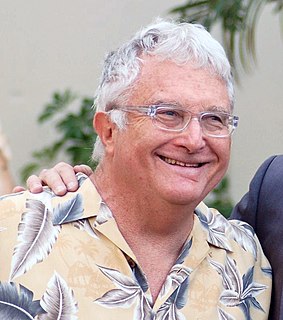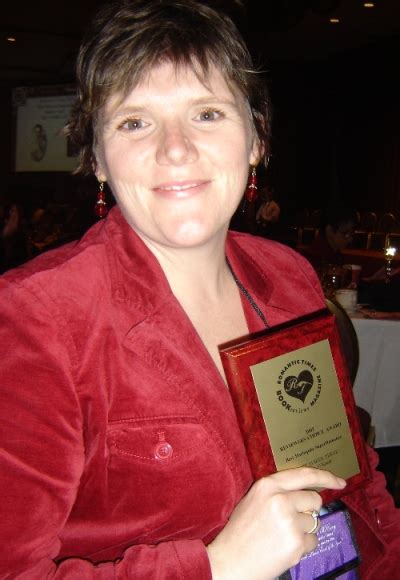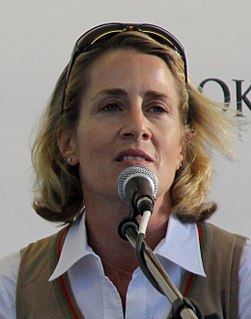A Quote by Rashida Jones
In college, I had a lot of friends who were writers and wanted to be writers and I felt intimidated by it. I just didn't know if I had any gift or voice and I had no confidence about it.
Related Quotes
The whole ecosystem of celebrity has broken down for writers. If you go back to the '50s, '60s, and '70s, writers were on TV a lot, and they were allowed to misbehave a lot. Truman Capote was a pop figure, but it wasn't until he went on David Susskind's show and had that extraordinary voice and manner that everyone could imitate, that he really took off as a figure. Norman Mailer and Vidal, the same thing. The bestselling writers now, there's no great animal energy with them.
I didn't like what was on TV in terms of sitcoms?it had nothing to do with the color of them?I just didn't like any of them. I saw little kids, let's say 6 or 7 years old, white kids, black kids. And the way they were addressing the father or the mother, the writers had turned things around, so the little children were smarter than the parent or the caregiver. They were just not funny to me. I felt that it was manipulative and the audience was looking at something that had no responsibility to the family.
I know it was a gift from God. My father was a preacher and my mother worked in churches all her life. My father had a very deep bass sounding voice and my mother had an in-between soprano voice. Not great singers, but they had great tones to their voices. I think that had a lot to do with it. Also, I really believe my voice was a gift from God. I believe if you take care of it, He will help you take care of it.
Writers have always liked my stuff, pretty much. That's what I wanted - I think my goal wasn't to get rich and famous, necessarily, though I cared about that. I always thought, "Oh, this could be a hit," or "that will sell records." But the first thing I wanted was that people who knew a lot about music, or had taste-making qualities, they would like my stuff. Writers, people like that.
I had just been in some repressive situations - the black middle-class college scene and the crazy United States Air Force - and so I just felt like getting out of that. I thought, now, that I wanted to be a writer. I had something that I wanted to do, that I was interested in doing, so I wanted to pursue that.
In college - while figuring the things out that most people do in college - I had no game. No confidence. I had Birkenstocks. And overalls. A budding romance novel addiction. But no cool. No poise. I was trying on a thousand different personalities, but a lot of them were formed by the perceptions of others.
With the Holocaust - I wonder if a lot of Jewish writers of my generation have felt this way - it feels really intimidating to approach it. I feel like so many writers who have either lived through it firsthand or were part of that generation where they were closer to the people who were in it have written so beautifully about it, so there's no lack of great books about it




































